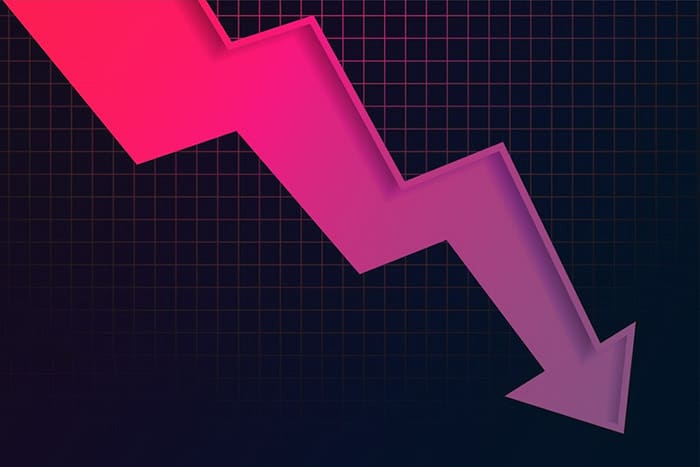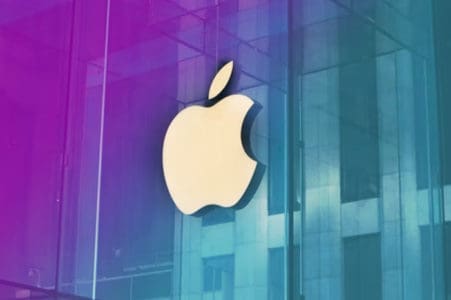In the aftermath of Liz Truss’ disastrous economic policies that led to her stepping down and the later anointment of Rishi Sunak as the Prime Minister, the prestigious Free Trade Agreement (FTA) between the United Kingdom and India has been left hanging.
When initial talks over FTA began in January this year, at a time when Boris Johnson was the Prime Minister, it was thought that it could be finalized by October as a ‘Diwali gift’ for India. But rapid developments in the UK over the last few days have put brakes on the pace of the deal, and it looks like it will come through only next year.
Even though PM Sunak has stated earlier that the FTA is important for both countries, he is bound by the views of the Conservative Party, to which he belongs, that such an agreement could lead to increased immigration from India. Home Secretary Suella Braverman was also against the FTA for the same reason.
While the UK’s economy falters, India is on a rapid growth path. Recently, India pipped the UK to become the fifth largest economy in the world, and now the two countries can sit across the table as equals and beat out a deal that benefits both.
Faced with Turmoil, UK is trying for FTAs with India
For the UK, the FTA is crucial as it is isolated in Europe post-Brexit. In addition, the agreement will open a big market in India for Britain. The expectation is also that tariffs on some of its products, including whiskey, could be reduced.
For India, it would open further doors for its products in the developed country. India is the second largest investor in the UK, with 850 companies setting up base there, while 600 UK firms work out of India. As a result, India’s exports to the UK rose to $10.5 billion, an uptick of 28%, while the imports too went up to $7 billion in 2021-22.
UK is Changing their Policies with Gulf
UK is also trying to sign an FTA with the six countries in the Gulf Cooperation Council (GCC). In a statement, the British government stated that a virtual meeting was conducted between the two sides on October 13, and 33 sessions were held between August 22 and September 29. The talks focused on a deal’s basics and preliminary discussions on 29 policy areas.
UK representatives conveniently left the human rights issue out of the discussion, which proved to be a deal crasher earlier. Despite Britain trying to go on its own path after breaking away from the European Union, it has yet to see many benefits from deals struck with GCC.
The UK predicts that an FTA with the Gulf countries could add $1.8 billion to the UK economy and increase bilateral trade by over 16%. As of now, the UK’s trade with GCC is worth around $52 billion. While the UK buys oil and gas from GCC, it exports defence equipment, aircraft engines and also financial and educational services to GCC.













